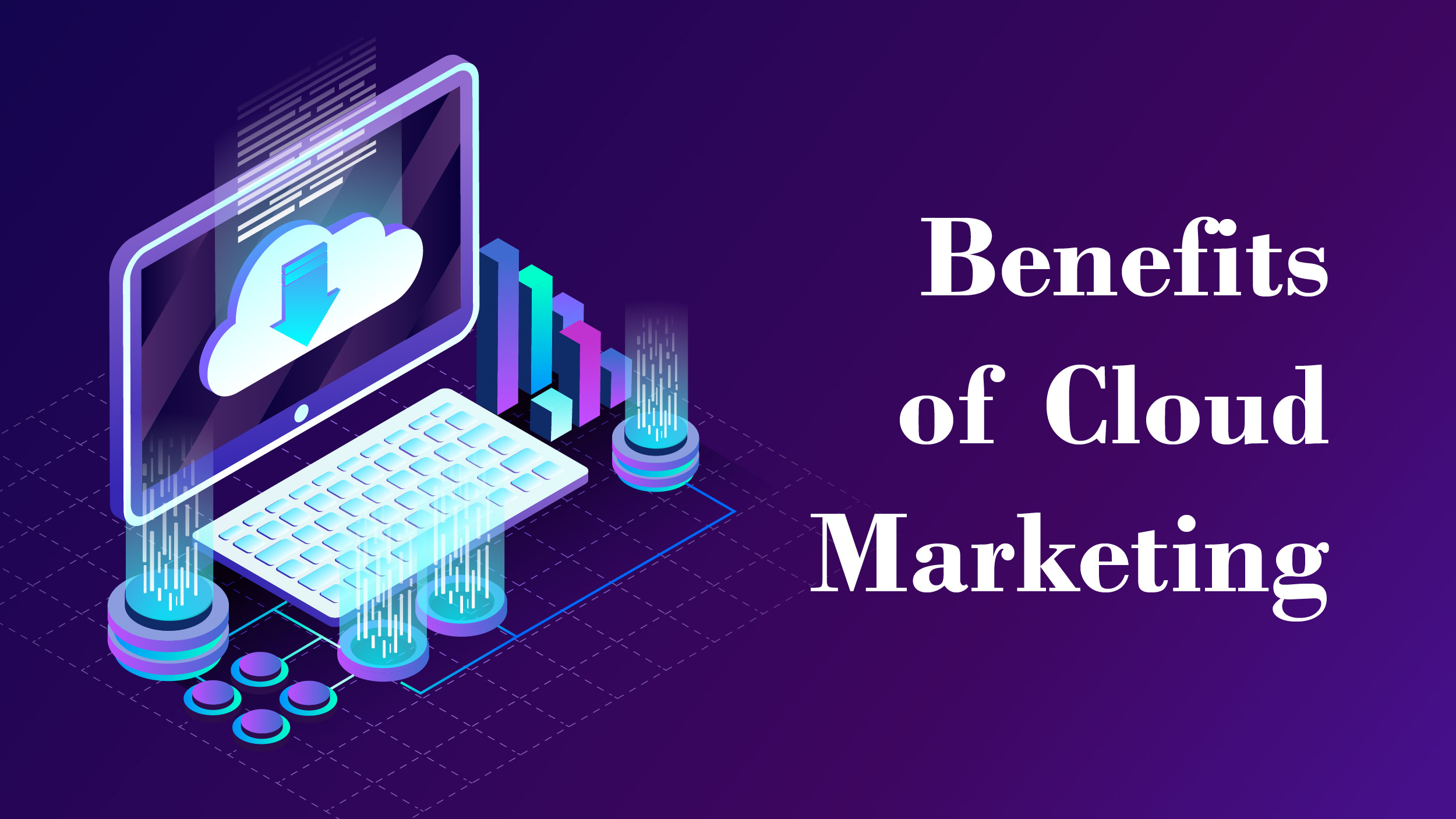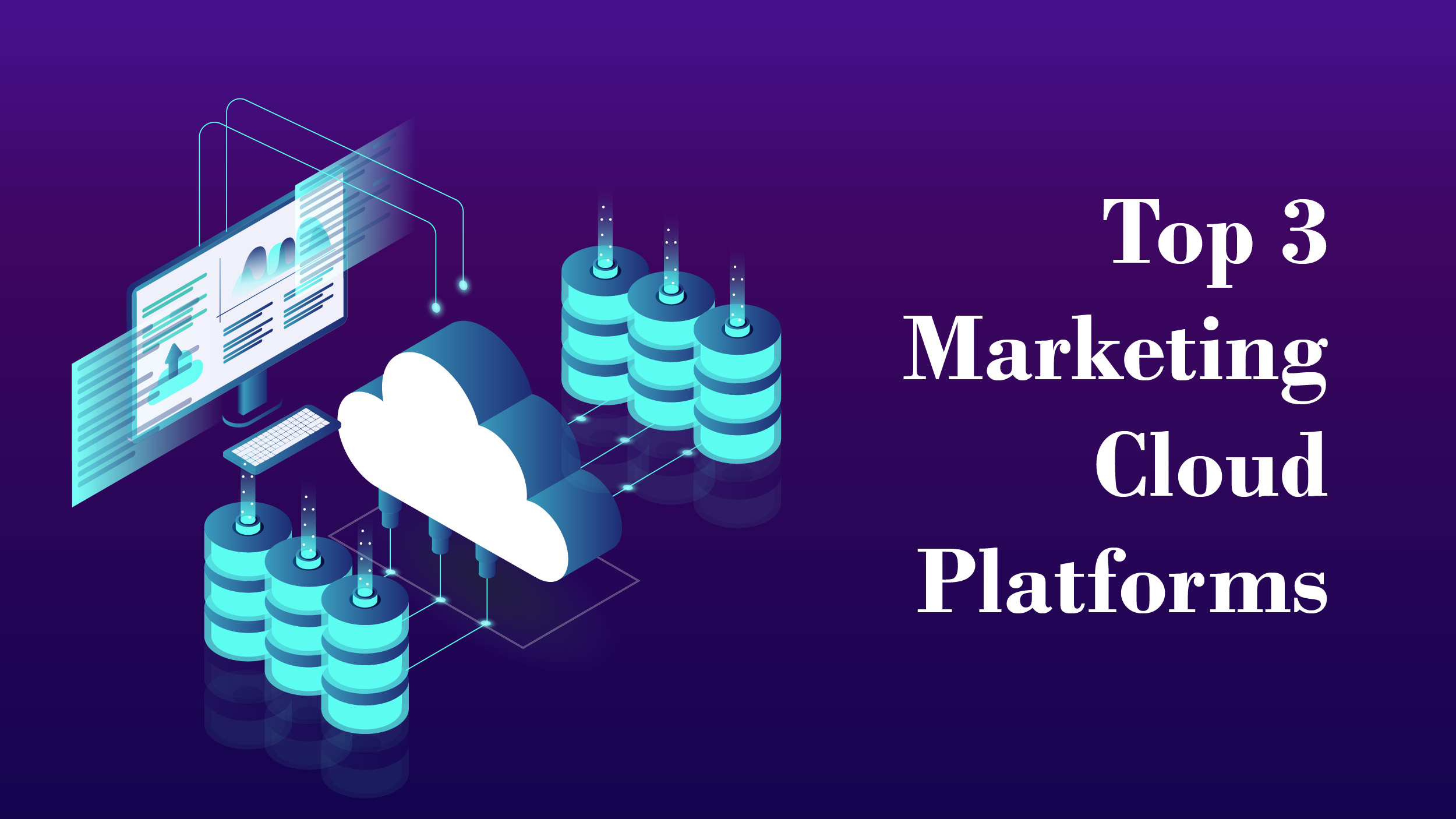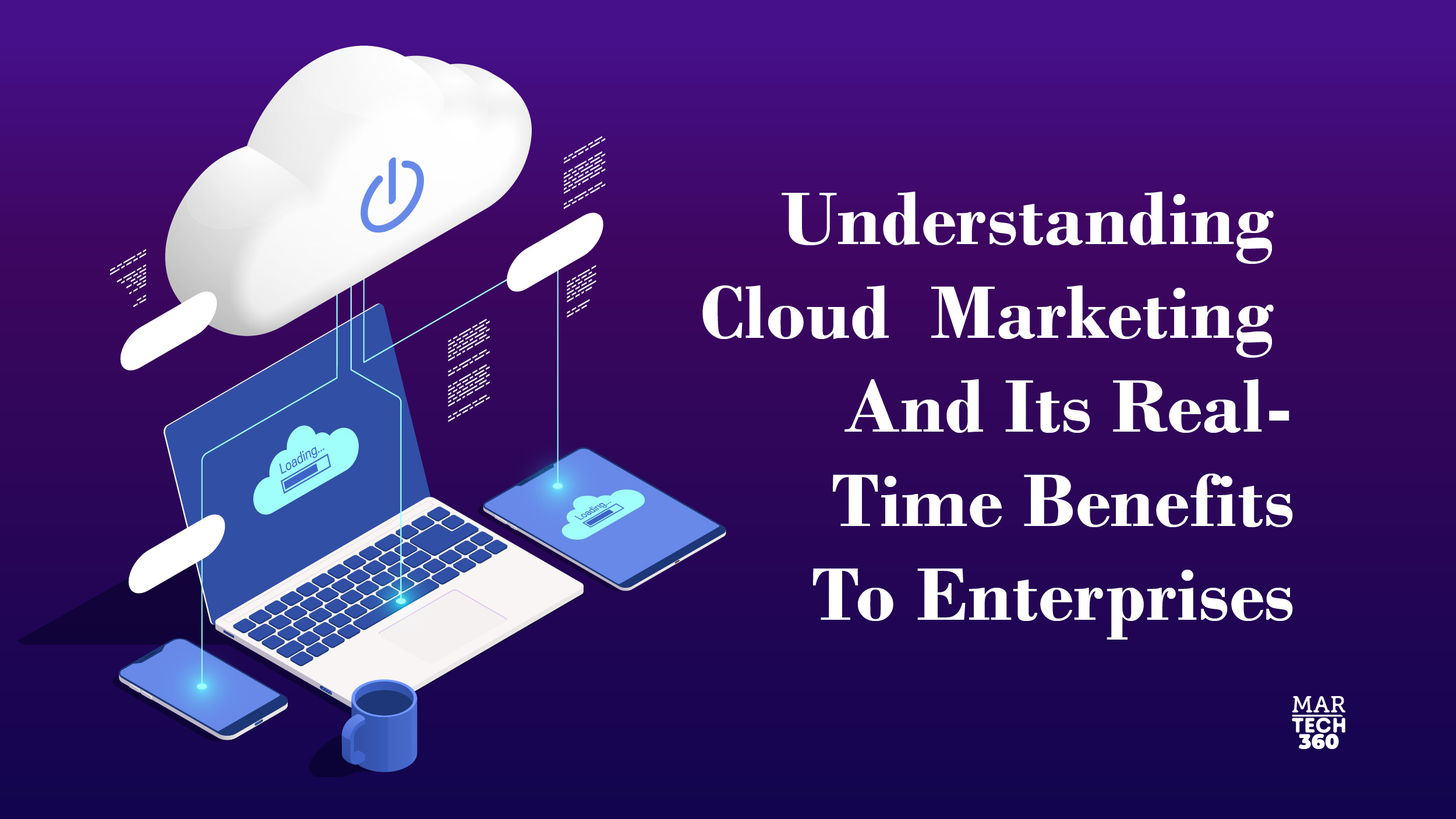In today’s rapidly evolving digital landscape, businesses are presented with both unprecedented challenges and opportunities in reaching their target audience. As consumers become increasingly discerning, personalization and seamless multi-channel experiences have become paramount. This is where marketing cloud solutions step in, offering a comprehensive suite of tools and strategies to transform how companies connect, engage, and convert their audience. Let’s learn more about cloud marketing in this comprehensive guide, along with its various aspects.
What is Marketing Cloud?
Marketing cloud provides a profile of single customer journey solutions to gain insights about customers, campaigns, and social interactions. Customers can use these solutions to run marketing campaigns and manage campaign data on the web, social media, mobile, and email.
Marketing cloud is a software as a service that provides core marketing functionality such as data services, automation, targeting, and content. These platforms will help you improve customer engagement, create a great marketing strategy for your company, and increase your ROI.
Marketers can overcome several barriers (such as a lack of real-time feedback) that previously limited their capabilities with this suite of web-based tools. They can also collect more data about their target audiences, allowing for more effective marketing because their strategies can be tailored to the audience in question.
Benefits of Cloud Marketing
 Here are some key benefits of using cloud-based marketing platforms.
Here are some key benefits of using cloud-based marketing platforms.
- Collect data without regard for storage limitations: Maintenance of servers is costly. Even small businesses can increase their server capacity, increasing size, storage, and processing power—all while spending less money.
- Level up with convenience: Cloud-based servers are adaptable and quick. They’re also simple to scale up if your company expands. Scaling up is more difficult in a physical data center (i.e., this will require ordering new hardware first).
- Execute and monitor digital marketing efforts: Digital marketing can be combined with other cloud-based tools to track campaign success and make adjustments as needed. A newsletter tool can be used to send an email campaign, which can then be analyzed in terms of opens and clicks, for example.
- Integrate data from multiple digital channels: One of the most significant advantages of cloud marketing is the variety of platforms available. Marketers can use cloud-based tools to capture, combine, and store data, integrating information from various channels to create a more detailed consumer profile.
- Reduce costs: By using cloud marketing tools, marketers can save money on traditional marketing media such as TV airtime. Many cloud marketing channels, such as organic social media, are completely free to use.
- Collaborate easily across borders: When critical parts of your business are housed in virtual environments, they can be accessed remotely. To gain access, a remote professional does not need their own physical server hardware. You can use Upwork to find skilled talent from all over the world.
Now that we’ve covered the benefits of marketing cloud, you might be curious about which platforms are the right fit for your business. In the upcoming sections, we’ll address some prominent questions for any company hoping their marketing efforts could take flight on the Cloud, such as what is Salesforce Marketing Cloud? And what about Adobe Marketing Cloud? Let’s simplify how some leading platforms operate in this space.
Also Read: Pin It to Win It: A Complete Guide to Pinterest Affiliate Marketing
Top 3 Marketing Cloud Platforms
 The marketing cloud platform is a digital platform hosted in the cloud that seamlessly integrates various marketing tools, including email, social media management, and analytics.
The marketing cloud platform is a digital platform hosted in the cloud that seamlessly integrates various marketing tools, including email, social media management, and analytics.
Listed below are the top cloud marketing platforms in 2023.
1. Adobe Marketing Cloud
What does Adobe Marketing Cloud bring to the table? In simple terms, it functions as a comprehensive solution for managing, accessing, and customizing marketing content. It provides valuable insights into customer preferences and behaviors, enabling personalized customer experiences at every stage of their journey. Additionally, it facilitates the coordination of content across multiple channels. By utilizing advanced analytics, marketing decisions are guided by data, allowing for a holistic understanding of customers and predictive analysis of their needs.
2. Oracle Marketing Cloud
The Oracle Marketing Cloud empowers marketers to establish meaningful connections with customers, craft tailored experiences, and cultivate customer loyalty.
- Oracle Eloqua serves as a catalyst for your marketing automation efforts.
- When it comes to crafting memorable and pertinent customer experiences, Oracle Responsys stands out as an excellent solution.
- For harnessing insights from marketing data to precisely target your audience, Oracle BlueKai serves as the go-to Data Management Platform.
- Test and fine-tune your strategies with Oracle Maxymiser.
- Oracle Infinity offers a comprehensive digital analytics solution that efficiently gathers, processes, and provides actionable customer insights on a large scale.
- The Content and Social Marketing aspect focuses on developing customer profiles, engaging with customers, creating content, and aligning with campaigns.
3. Salesforce Marketing Cloud
Salesforce Marketing Cloud focuses on making the most of every customer interaction by orchestrating personalized, cross-channel journeys that provide exceptional brand experiences. Salesforce Marketing Cloud offers a range of marketing solutions, including ExactTarget for email, mobile, and web marketing, Social Studio for social media marketing, Social.com for digital advertising, and Pardot for B2B marketing automation.
Its feature set encompasses email marketing, mobile messaging, campaign management, predictive intelligence, data and analytics, social listening and analysis, content marketing, community engagement, social care, media optimization, audience management on Facebook, Twitter, and LinkedIn, as well as lead generation, lead qualification, lead nurturing, and lead tracking.
Wrapping It Up
The cloud is less expensive than more traditional methods of storing and retrieving data. To monitor the most important marketing data, you don’t need a lot of expensive equipment or software. Another possible use for these services is to automate operations. Cloud-based businesses have lower operating costs as a result.
To be successful in digital marketing, a wide range of services and tactics must be implemented. Everything from web and email advertising to analytics and public relations falls under this category.
Marketing cloud services are a no-brainer for a company’s digital marketing strategy. It is an excellent long-term investment due to its numerous benefits. An organization cannot afford to miss out on the numerous benefits that cloud computing provides. Cloud-based technology should be evaluated and used for marketing operations to assist in positioning important material at the right time and place.


Comments are closed.